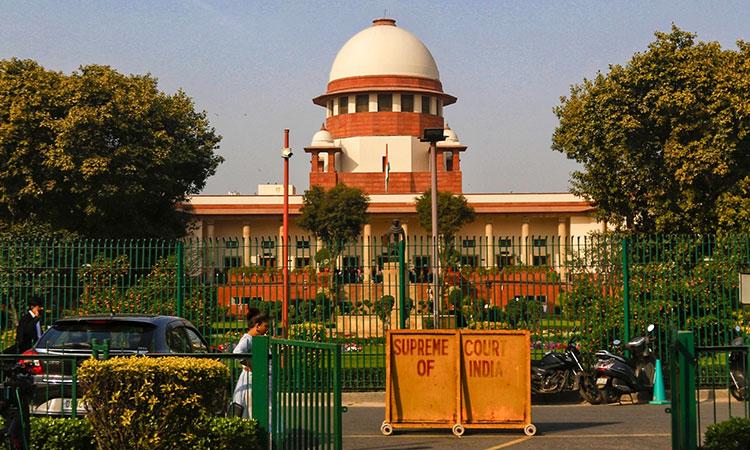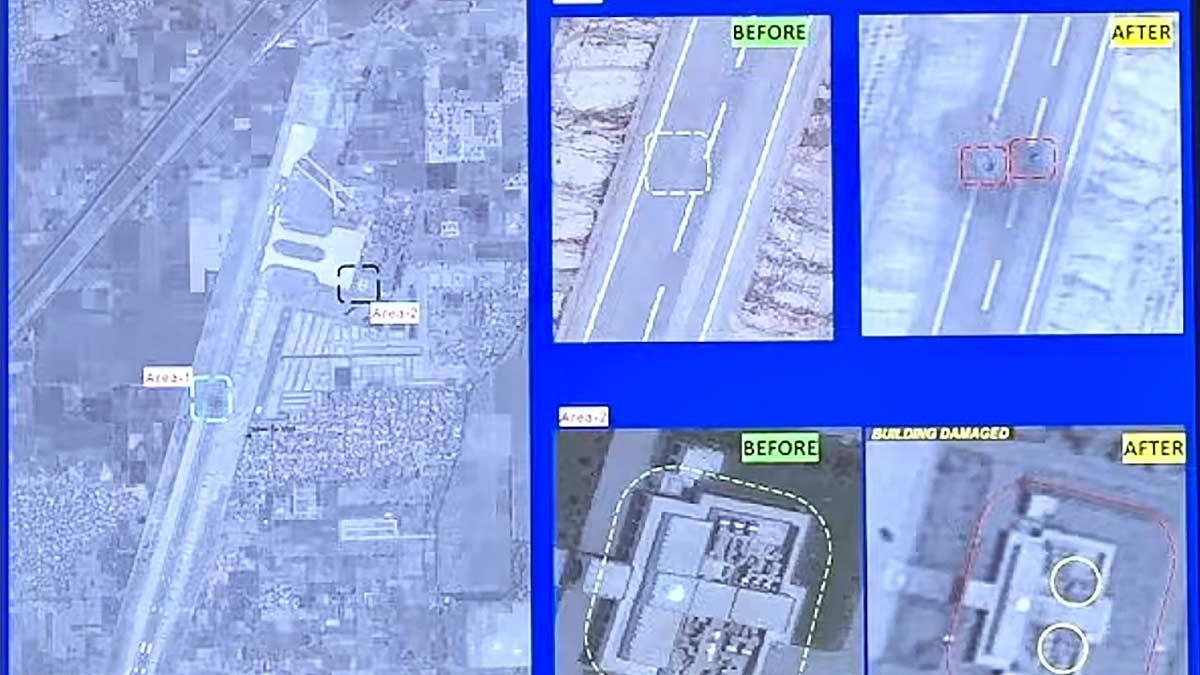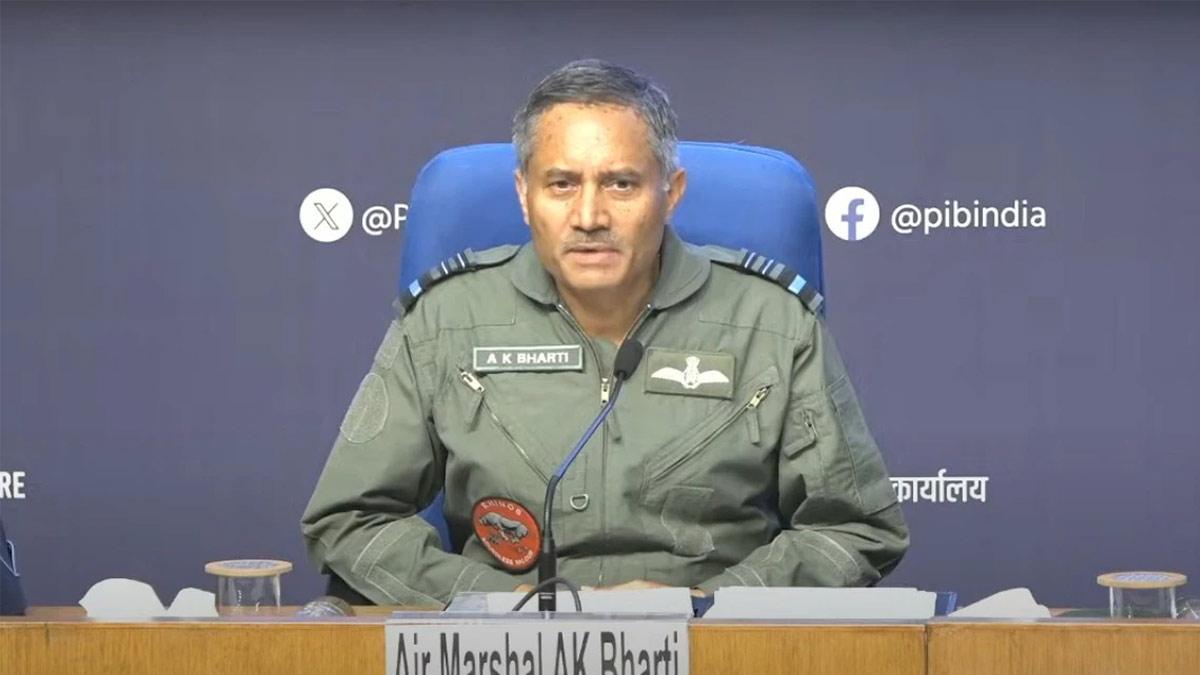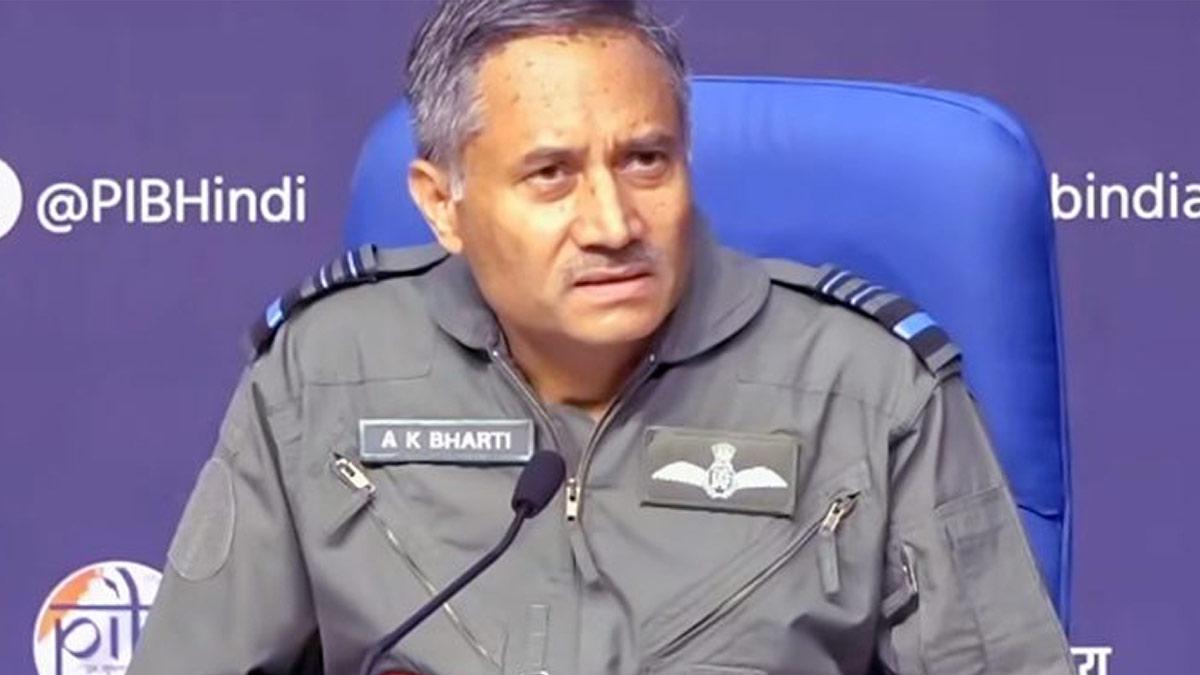The Supreme Court has said that though virtual hearings and live-telecast of court proceedings introduces transparency in the judicial system, it also attaches with it a stricter standard of responsibility on judges while conducting such court proceedings.
It stressed that constitutional courts should exercise caution in making adverse remarks against the parties as those may cause great harm to their reputation.
A bench comprising justices Krishna Murari and Ahsanuddin Amanullah said,; "It is essential for the courts to be extremely cautious while passing adverse remarks against the parties involved, and must do so with proper justification, in the right forum, and only if it is necessary to meet the ends of justice".
Justice Murari, who authored the judgment on behalf of the bench, said remarks passed in court, due to the live broadcasting of court proceedings, now have ramifications that are far reaching, and as can be seen in the present case, can cause great injury to the reputation of the parties involved.
The top court made these observations while expunging adverse remarks made by the Karnataka High Court against senior IPS officer Seemant Kumar Singh, the then Additional Director General of Police, Anti Corruption Bureau and IAS officer J Manjunath, then district collector of Bengaluru in a bail plea by an accused in a corruption case. The bench said that the remarks made by the high court "seem to be unreasonable and without justification".
The top court said the legal system in general, and the judicial system in particular, has ushered into a new age of accessibility and transparency due to the adoption of virtual hearings and live telecasting of open court proceedings. These changes in the judiciary have ensured that the courts as redressal mechanisms have become more accessible to the common man than ever before, it added.
Justice Murari said: "This never-before-seen transparency in the judicial system, while it brings with it great benefits, it also attaches with it a stricter standard of responsibility on judges while conducting such court proceedings".
The bench quashed an interim order passed by the high court on July 7, last year after hearing senior advocates Ranjit Kumar and Amit Kumar and advocate Sanjay M Nuli and Additional Solicitor General K M Nataraj on appeals filed by the officers as well as the Karnataka government.
The bench said: "We are of the opinion that the actions of the high court during the bail proceedings of a third party are manifestly arbitrary and unjust, and the high court must have confined itself to the issues relevant to it for the purposes of deciding the bail".
The bench stressed that when the evidence is not fully analysed, and a presumption of innocence is still operational in favour of the accused, the courts must then be extremely cautious in passing adverse remarks against the accused.
For Singh, the bench said he is merely a government employee of the department that is conducting the investigation and has no personal involvement with the case.
"No evidence against him has been analysed by the court and no opportunity has been given to him to explain himself, however, scathing and egregious remarks have still been passed against him. In such a scenario, we find the remarks passed by the high court to be unfair and not in the interest of justice," said the bench.
Also Read | Amritpal matter: NIA team reaches Punjab, likely to take over case
For Manjunath, the court said even though he is an accused in the alleged crime, however, what must not be forgotten is the fact that he does not have any lis in the bail proceedings of an accused police officer in a corruption case.
The top court noted that bail proceedings, unlike a full criminal trial, are burdened with the task of only forming a prima facie view on the merits of the case. In such a circumstance when the evidence is not fully analyzed, and a presumption of innocence is still operational in favour of the accused, the courts must then be extremely cautious in passing adverse remarks against the accused, it added.


















